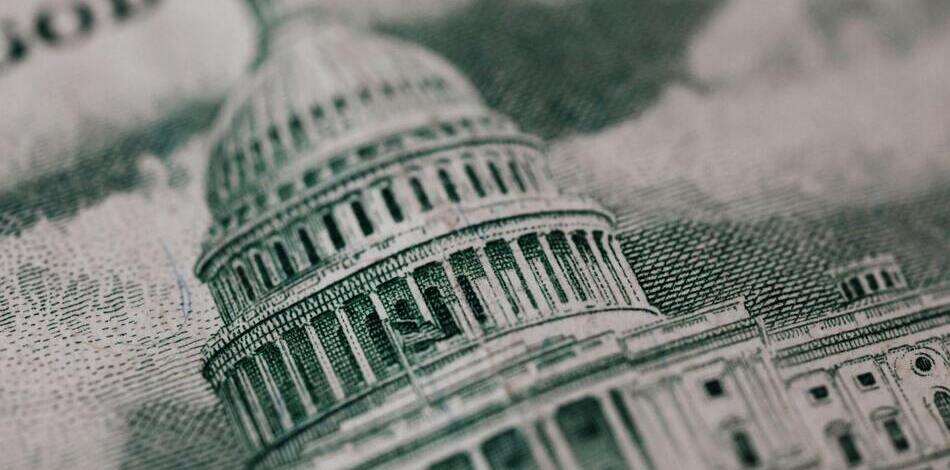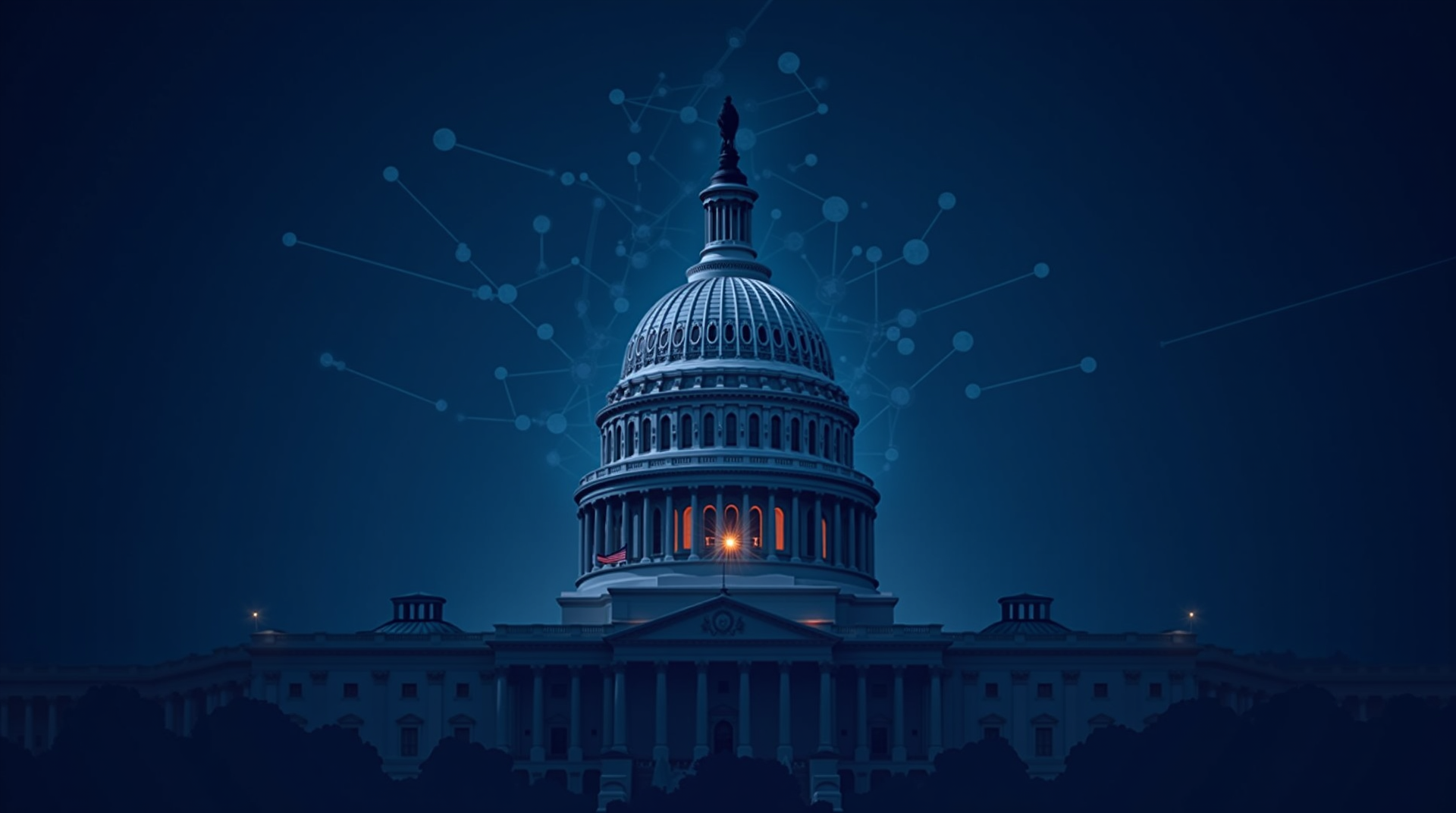Patrick Witt pushes market structure bill to clarify crypto regulation
Patrick Witt, the new presidential crypto advisor, is prioritizing a market structure bill—signaling the White House’s intent to create clearer regulatory jurisdictions and establish stablecoin rules. This effort aims to reduce the legal uncertainty that has long stifled investment and innovation. The move revives the legislative debate between the CLARITY Act and the GENIUS Act, which will determine how digital assets are supervised and what requirements stablecoin issuers must follow.
What the initiative means
The main goal is to clearly define responsibilities between the SEC and the CFTC, while setting technical and legal criteria for categorizing tokens. This would help reduce litigation and create a more predictable environment for developers, custodians, and exchanges. Although the proposals aim to ease regulatory uncertainty, some critics worry they might create loopholes that favor larger, established players.
Legislative frameworks and key disagreements
Two proposals are guiding the discussion: the CLARITY Act, which shifts oversight of certain cryptoassets to the CFTC, and the GENIUS Act, which imposes reserve and governance rules for stablecoins. Both have bipartisan support but raise concerns about consumer protection and financial stability. Key disagreements include agency jurisdiction, user safeguards, and systemic risk—issues that will shape how different assets are supervised and controlled.

Political and technical challenges
Witt brings a background in security and tech but less experience in crypto policy. His ability to negotiate among industry interests, SEC pressure, and lawmakers’ concerns over regulatory gaps will be crucial. The outcome could either foster an orderly market or concentrate power in traditional institutions—potentially at the expense of decentralized alternatives.


